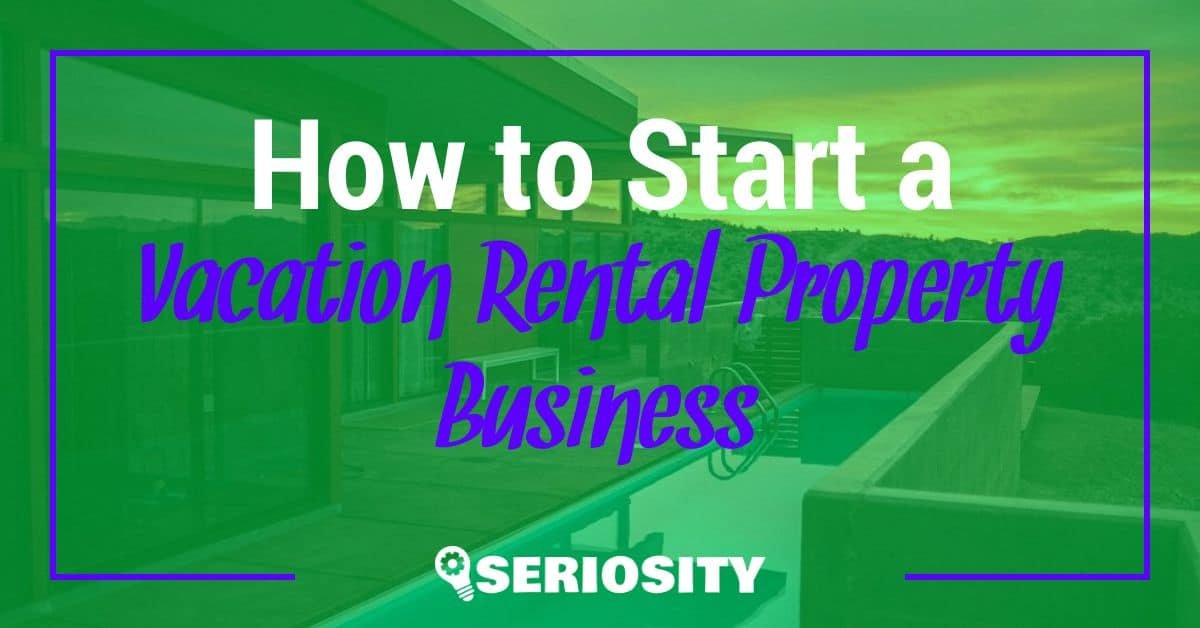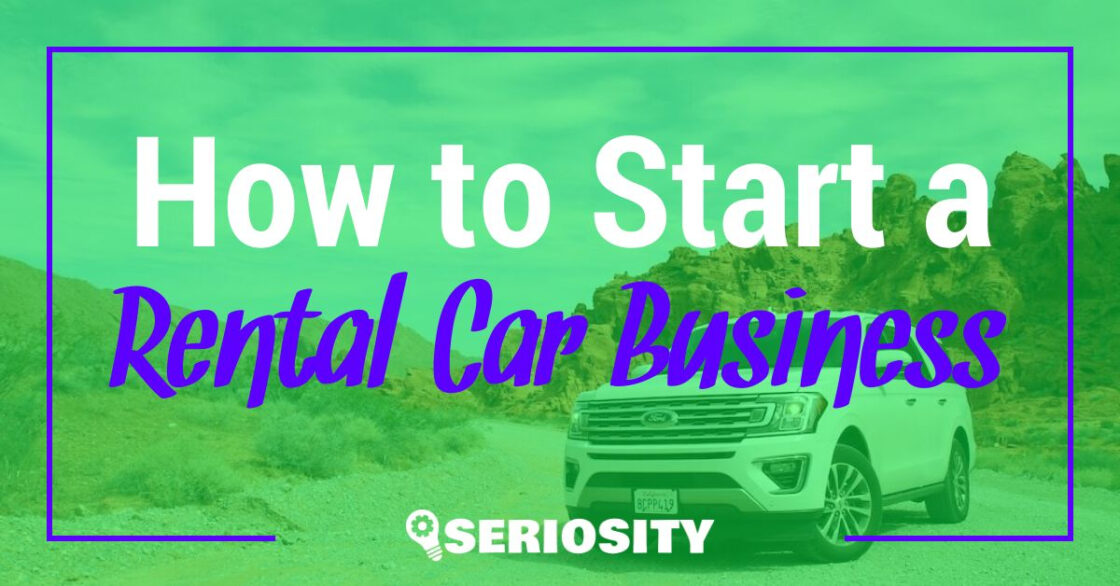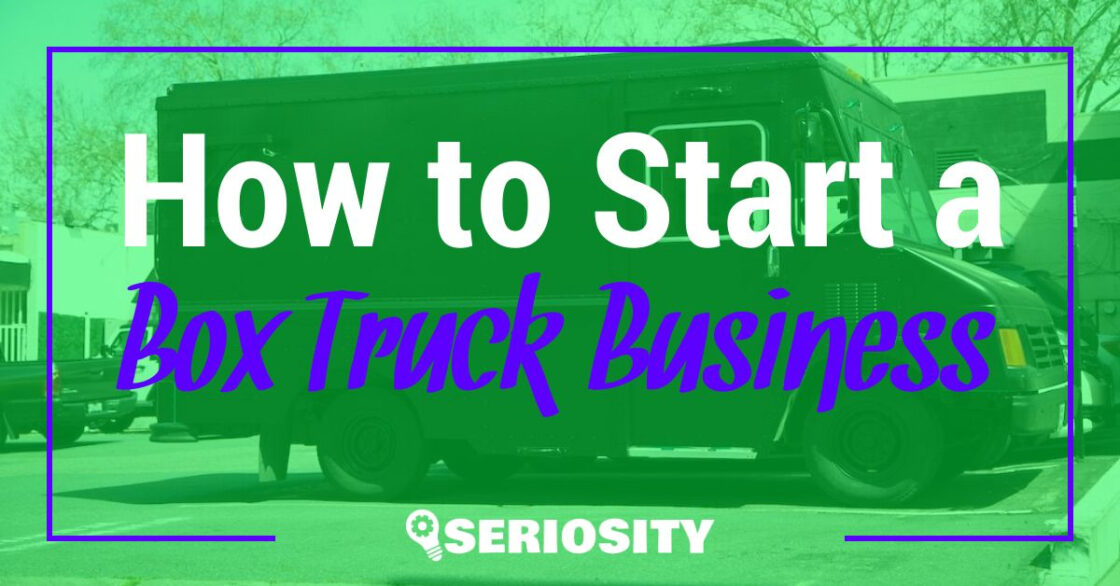Starting a vacation rental property business can bring in steady income during the warm months and provide you with a unique business model. It’s a passive income option that requires minimal work if you hire a property manager to help. However, this business often involves a lot of startup capital.
As a result, it is crucial to understand how to start a vacation property rental business properly. We’ll cover the expenses you can expect, the business models you can consider, and other steps you should take. In this way, you can start a successful business and immediately make good money.
1. Know What Kind of Business Model You Want
Vacation rental properties typically include two different business models. The first is to rent your property directly to others or manage property for other owners. The first model requires more capital because you’ll need to buy and maintain multiple homes for your customers.
The second option is good if you have less capital and don’t mind working with property management. Most of the suggestions in this article are connected with property ownership because that’s how you can make the most money. However, we’ll also comment on management.
Both models will require much work to set up and maintain until you get your property up and running. You must be ready to work long hours to improve your property and make it more attractive. Those willing to put in that work can relax later when their vacation homes rent every month.
2. Understand Your Potential Legal Issues
Talk with your local and state officials to learn more about legal concerns with your property. For instance, learn more about short-term rentals or STR and long-term rentals or LTR. Typically, you need to get licensed for STR to start a vacation rental business.
Next, you must register your business with state and federal officials, start your taxes, get an employer identification number (EIN), and decide your business model. Most vacation rental companies are sole proprietorships. However, you may start a partnership or LLC if you like.
Furthermore, you must research the area to see other rental options. For example, are you joining a very packed market, or is it relatively open? What kind of properties are for sale in your area? This kind of research is critical for improving your success chances.
Property research is critical because you want to buy homes that offer something unique to your customers. Good homes should provide a comfortable and relaxing environment and excite customers. They should also require minimal upkeep when you buy them.
3. Choose and Buying Rental Properties
Look at the real estate listings in your area and identify potential vacation homes. Find houses and property near lakes or in natural environments, like the woods. Even bare property is an excellent investment because it is often cheaper, and you can put whatever home you want on it.
Remote locations have become increasingly popular for vacation rentals because people enjoy being away from others. Importantly, you must ensure you don’t overextend by buying expensive properties.
For example, you must make enough money with your rental properties to cover your monthly mortgage. These costs can vary heavily, depending on your location. For instance, Bankrate states that a $300,000 home with a $60,000 down payment will have a monthly mortgage rate as high as $1,637.
If you buy three properties at that mortgage rate, you’ll owe nearly $5,000 monthly to keep the homes. That doesn’t even account for other expenses you’ll need to cover. These include maintenance fees and any additional costs necessary for preparing your property.
4. Plan Your Operating Expenses
Rental vacation properties can have a high-profit potential and high operating expenses. For instance, it is estimated that operating expenses can account for 35% to 80% of your gross operating income. That’s because costs can be higher than expected for some homes.
For instance, you can expect to pay at least 1% of your property value for yearly maintenance and upgrades. You’ll also need to pay insurance rates, which can be several hundred to even thousands of dollars. Property tastes can be similarly costly and cut into your expenses.
You may also have to pay 6% to 8% of your rent to a property manager unless you want to do that job yourself. You’re also likely to pay HOA fees for some vacation homes and also have to pay landscaping, utility fees, and much more. These costs are essential but frustrating.
For example, if you make $3,000 monthly with a single vacation property and have 80% operating expenses, you would get just $600 from that property in a month. As a result, it is crucial to cut down on your operating expenses or find a pricing plan that makes sense for your needs.
5. Set Up a Pricing Plan
Setting up a pricing plan that continually turns a profit for your business and covers your expenses. Your operating expenses (with a $1,677 mortgage) are about $2,400 per month. During vacation periods when you may rent a property every day, you need to make at least $77 per day to cover expenses.
You can double that cost to $154 to cover your expenses and attract potential customers. At that rate, you’d make $4,774 per rental property monthly and bring home $2,374 after covering operating expenses. If your prime rental period lasts four months, that’s $11,870.
Note that this cash may have to cover your mortgage during slower periods, such as the early spring or late fall when fewer people rent your properties. Just as importantly, it must pay for your properties when they’re closed in the winter. As a result, you may want to charge even more for your homes.
For instance, if you triple your $77 base rate, you’d earn $231 per day or $7,161 monthly. Cutting out the $2,400 operating expenses leaves you with $4,761 per month per property. You can then cut your rate to the $154 price to attract customers in slow periods and still make some rental money.
6. Get Your Property on Rental Platforms
Marketing your properties can include setting up rental options on various sites. AirBnB is just one popular option. You may also consider sites like HomeToGo, Vrbo, Kayak, and others. Put your homes up on these sites and market them with pictures and attractive write-ups.
Provide high-quality service for your customers, including help setting up, cleaning, and maintaining the house. Provide unique amenities, such as hot tubs, entertainment centers, and high-speed wireless internet. Make your home stand out, and people will rent it from these sites.
As you provide high-quality service, your property’s reputation will grow. For instance, people may suggest it to others or provide strong reviews of your property. Continually upgrading and marketing your property on these platforms can ensure that they stay solid and appealing to others.
7. Maintain Your Property in Off Seasons
During the winter, you’re likely to shut up your properties until the weather warms up again. Maintaining your investment includes winterizing each home every year to keep it strong. For instance, you need to turn off the water and open all faucets and waterlines to keep them from freezing.
You can turn down the thermostat to about 60 degrees Fahrenheit to save on heating bills but also keep your home safe. Unplug all appliances, including water heaters, remove food from your fridge and kitchen, and disconnect internet and cable sources temporarily. Doing so cuts back on your bills.
Next, hire a pest-management team to kill any rodents, insects, or other vermin in your home. This step is critical because it keeps your home safe from invasion during the winter. Exclusion techniques can be particularly useful because they seal the entryway for these pests into your house.
Finally, do a complete home cleanup, including dusting, sweeping, and vacuuming, remove the trash, get rid of fire hazards, seal up the windows, and lock the doors. You may want to visit your properties once a month to check them or hire a manager to do so. In this way, you minimize repair and maintenance expenses when you open your properties back up again.
Sources
https://www.igms.com/starting-a-vacation-rental-business/
https://justcoded.com/blog/how-to-start-a-vacation-rental-business/
https://learn.roofstock.com/blog/how-to-start-vacation-rental-business





